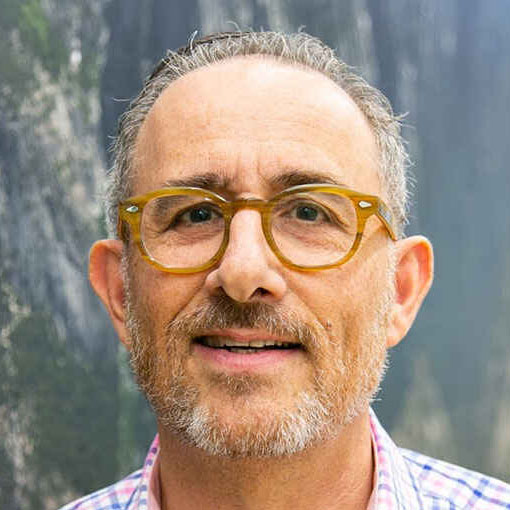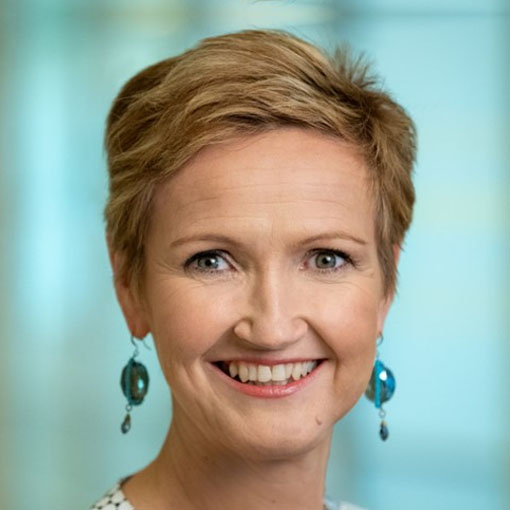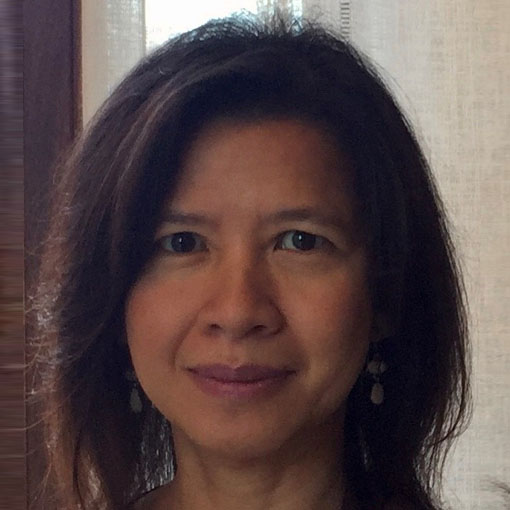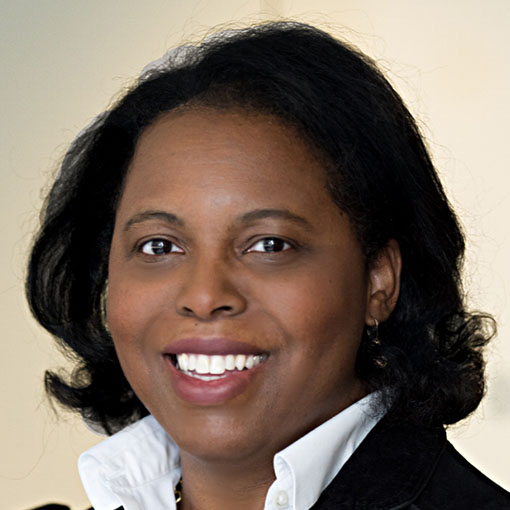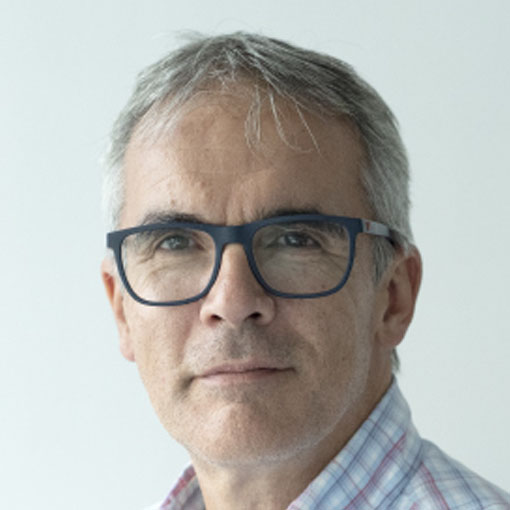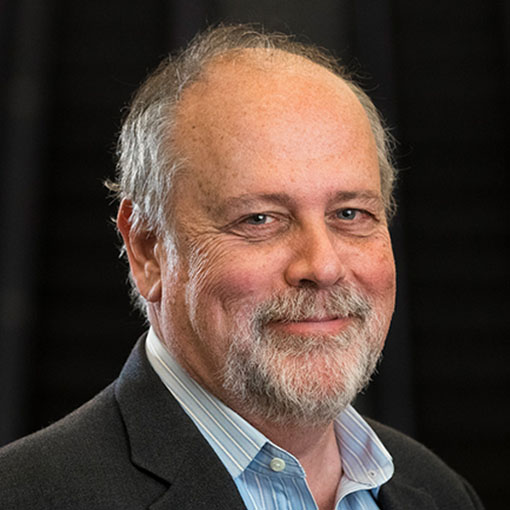John Connolly, PhD
Chief Scientific Officer, Parker Institute for Cancer Immunotherapy (PICI)
John Connolly, PhD, is the chief scientific officer (CSO) at the Parker Institute for Cancer Immunotherapy (PICI), where he designs and executes PICI’s overall research strategy in close collaboration with the institute’s leadership team, center directors and scientific steering committee.
As a human immunologist, his research interests focus on immune monitoring and immunometabolism. Dr. Connolly previously served as CSO of Tessa Therapeutics, a clinical stage cell therapy company focused on solid tumor immunotherapy, and one of PICI’s strategic partners. He is an associate professor at National University of Singapore and an adjunct associate professor of Immunology at Baylor University, where he served on the Board of Governors for the Institute of Biomedical Sciences.
He is also a senior principal investigator and director for translational immunology at the Institute of Molecular and Cellular Biology (IMCB) A*Star. Additionally, Dr. Connolly serves as director for the IMPACT Program, a multi-disciplinary national initiative focused building cell therapy manufacturing, clinical and regulatory capability for Singapore.
Dr. Connolly received his PhD in Immunology from Dartmouth Medical School and studied human dendritic cell biology under Dr. Michael Fanger. During this time he was involved in the development of immunotherapeutic preclinical models and clinical trials for glioblastoma multiforme (GBM). He moved to the Baylor Institute for Immunology Research, a fully translational research institute dedicated to rationally designed vaccines against cancer and infectious disease. Dr. Connolly served as the director of Research Initiatives for the Baylor Research Institute, leading a large integrated translational research resource and multi-institutional programs that involved a number of international sites. During his tenure at Baylor, he was the central core facility director of the NIAID Centers for Translational Research on Human Immunology and Biodefense, an NIH-funded consortium of basic, translational research and clinical trials focused on vaccine design. Dr. Connolly is the past president of the Board of Directors of The American Cancer Society in N. Texas and founding director of the Singapore Immunology Network’s Immunomonitoring Platform.



